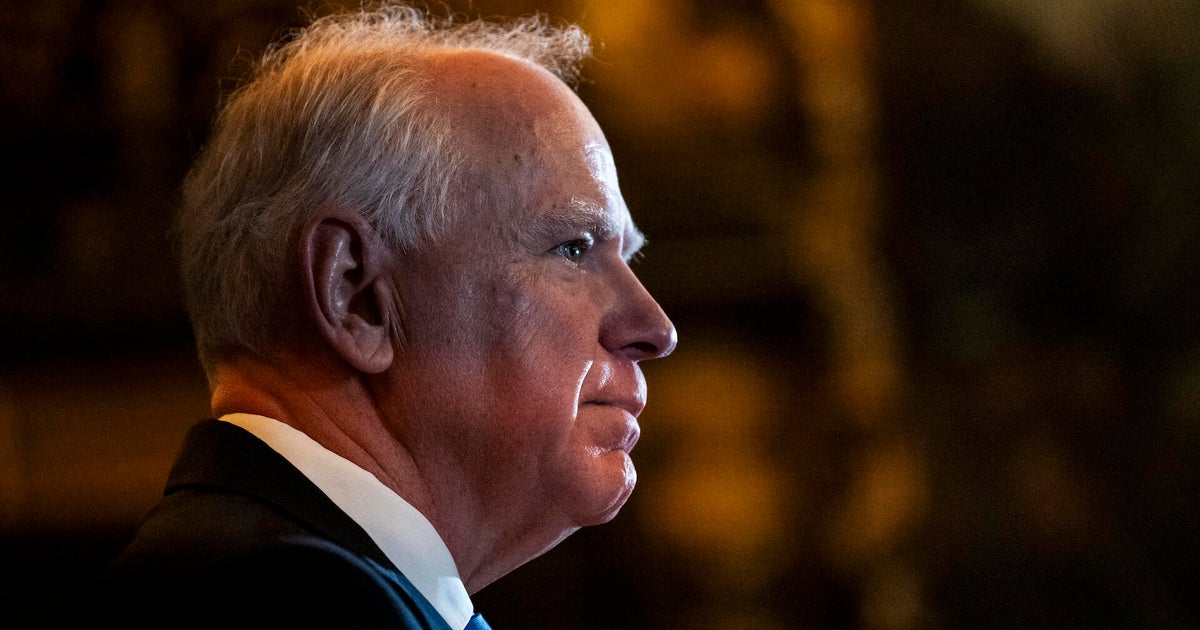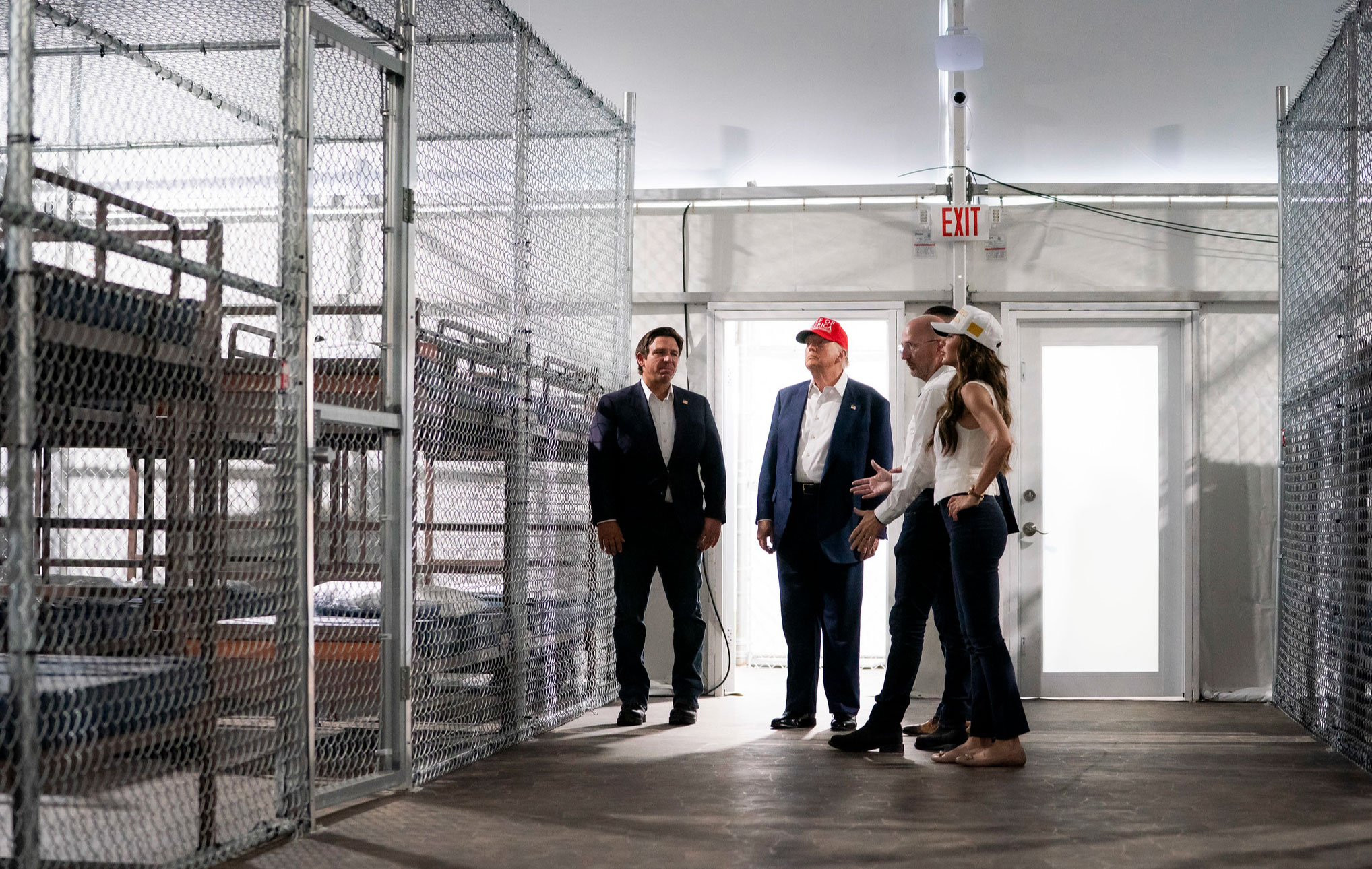Trump's green card plan tackles a problem that doesn't exist
The Trump administration describes its proposal to bar immigrants from becoming permanent U.S. residents if they've received public benefits as a way to ensure the new arrivals are "self-sufficient."
The U.S. already has a law that allows it to deny a so-called green card to immigrants it believes could become "a public charge," or dependent on government resources. But the new proposal, announced Saturday, would expand the definition to include legal immigrants who have tapped public benefit programs like food stamps or Medicaid.
The proposal raises questions about how many immigrants actually rely on government services, and what caused them to enroll in Medicaid and other benefit programs. For instance, do many people fail to become self-sufficient, or are they working in jobs that don't pay a living wage or offer health insurance?
Most immigrants who rely on public aid are employed but work in low-wage jobs, according to the Migration Policy Institute. That allows them to qualify for programs like Medicaid, the health insurance program for low-income people.
In fact, a larger share of immigrants who receive public benefits are working compared with native-born Americans who receive benefits, found the group, a non-partisan think tank that studies issues related to migration. Roughly 58 percent of noncitizens and naturalized citizens who draw at least one type of public assistance are working, compared with 44 percent of U.S.-born adults who get aid.
Most immigrants who get government aid have jobs but don't earn a living wage, said Michael Fix, a senior fellow at the Migration Policy Institute.
The new policy, if adopted, could have a "chilling" effect on new arrivals to the U.S., Fix said. About a third of immigrants could drop or avoid signing up for benefits if the rule is enacted, his organization estimates. Altogether, the U.S. has 21.9 million noncitizens, and 6.8 million of them rely on public benefits.
While the proposal could cut spending on public benefits, the downside costs are considerable, he added.
"It could lead to worse health outcomes, increased communicative diseases, even increased rates of poverty and reduced rates of productivity," Fix said.
For instance, immigrants who work in a low-wage job, like restocking shelves at Walmart, may qualify for Medicaid. But this proposal could cause them to drop their Medicaid insurance, leaving them with no health coverage in case of an illness or to pay for vaccinations for their children.
The Trump administration's endgame might be to favor a certain type of immigrant -- those with more education and money, Fix suggested. The proposal would give preference to immigrants with income or assets above 250 percent of the federal poverty line, or about $62,000 for a family of four. Immigrants typically earn less than native-born workers.
The administration's policies aren't the only ones that spook immigrants. A program called Secure Communities, which was rolled out during the Obama administration, has been linked to lower immigrant usage of federal benefits such as food stamps and health care, a study found earlier this year.
The public will have 60 days to comment on the Trump administration proposal after it's published in the Federal Register.
"I can promise you there will be lots and lots of comments on this regulation," Fix said. "And unquestionably, this will be challenged legally."



